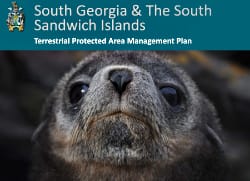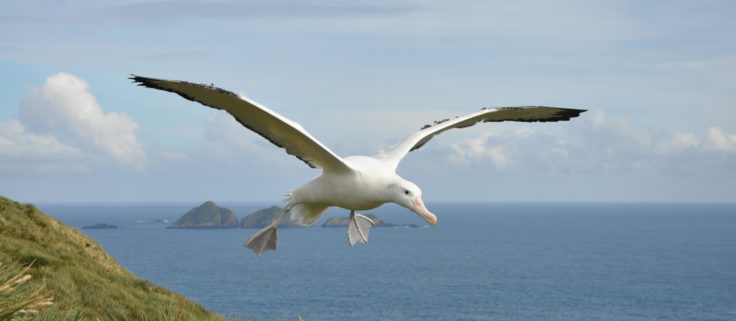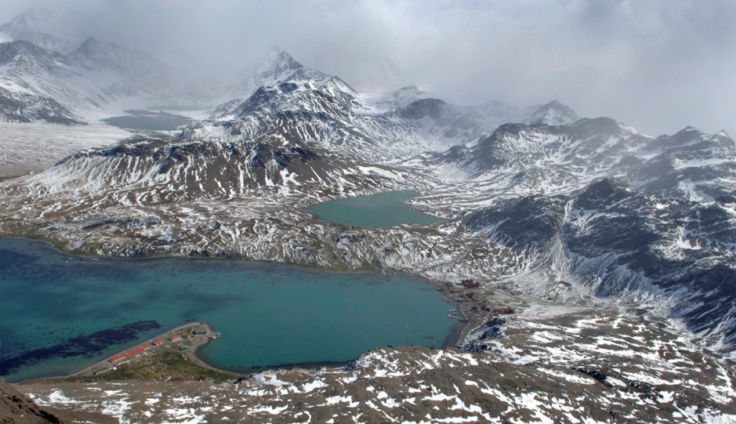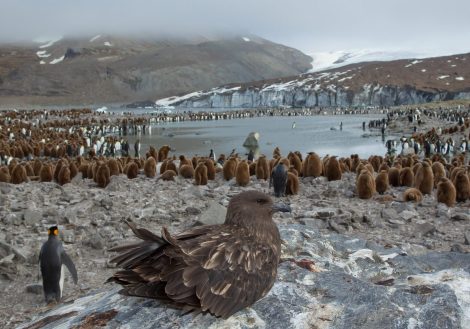Source: https://www.miragenews.com/first-avi...ed-in-1109022/
24 Oct 2023 4:02 am AEDT
First Avian Influenza Cases Confirmed in Antarctic Region
British Antarctic Survey
Highly Pathogenic Avian Influenza (HPAI) has been confirmed in brown skua populations on Bird Island, South Georgia - the first known cases in the Antarctic region.
Following reports of several potentially symptomatic birds and unexplained mortality, British Antarctic Survey (BAS) staff on Bird Island took samples for testing. The swabs were returned to the UK and tested by the Animal and Plant Health Agency laboratories in Weybridge, where they returned positive results...
24 Oct 2023 4:02 am AEDT
First Avian Influenza Cases Confirmed in Antarctic Region
British Antarctic Survey
Highly Pathogenic Avian Influenza (HPAI) has been confirmed in brown skua populations on Bird Island, South Georgia - the first known cases in the Antarctic region.
Following reports of several potentially symptomatic birds and unexplained mortality, British Antarctic Survey (BAS) staff on Bird Island took samples for testing. The swabs were returned to the UK and tested by the Animal and Plant Health Agency laboratories in Weybridge, where they returned positive results...










Comment